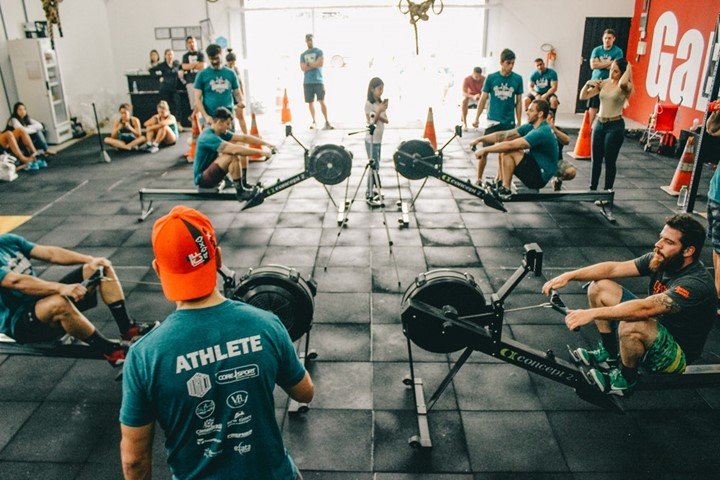Warm weather training has been in practice for long especially for sports. The success of most sportspeople and trainees is dependent on the environment and weather in which they practice or train in.
Other fields apart from sports do practice warm weather training. This make training more essential in all the fields. The merits of training in warm weather include:
PROS:
1. Stress free: In warm weather, those involved are at ease without any restrictions. One does not even require wearing heavy clothing. Cold days can, therefore, hinder some people to practice to the fullest according to their will which is not the case in warm weather training. The naturally warm weather is also good for relaxation and mind therapy which reduces the overall stress.
2. Safer when warm: During cold times like winter, training on dangerous ice and hail storms that can accidentally kill might be a great setback. It`s also darker during colder seasons which may reduce visibility during training. Warm weather experiences beautiful sunny days making it safe to train.
3. Sunny days are a source of vitamin D: The sun is a cheap and natural provider of vitamin D. Vitamin D is essential for strong bone and muscle development. The sun during early mornings and late evenings is actually a rich source of this crucial bodybuilding component. Taking basks before or after training would thus be of great importance to the trainers and trainees.
4. Easier and active body training: The human body is usually very active when in warm conditions. Muscles are even much at ease in the warm unlike when in cold weather.
5. No heavy clothing required: Everyone wants to be as free as possible during training, therefore, few clothes are worn. This makes it easy during practice.
6. Injuries are well-taken care off: There is no training that is absolutely free or secure from injuries. It is much easier to treat wound injuries in the warm than when in icy environments. It is even easier to carry or get your first aid kit during warm weather than during hash and cold weather conditions full of hail storms and snow.
7. Gives an opportunity for new sceneries, environment, and travels: If training in the warm is made a must, training might be done in another country where there are warm weather conditions. This may require the training team to tour and get to warmer places rather than their cold local places. This gives them exposure to the outer international world.
8. Reduced heart pulse rate: In warm weather less blood is retained in blood vessels unlike for cold weather conditions. The heart, therefore, pumps blood harder when one is in cold environments to ensure blood reaches all parts of the body.
9. Promotes a fast thermal balancing effect: During warm days, an individual undertaking training or an exercise starts sweating immediately. This is good as the evaporating of sweat leaves a cooling effect on the body thus balancing body temperature.
10. Ensures adaptation of hot conditions: With warm weather training, the body is accustomed to fair on well in a hot environment. With repetition, the trainee is able to maximally cope with any of such surroundings.
CONS:
1. Possible risks of sunburns: Warm weather entails working on sunny days. Midday sum may contain harmful ultra-violet rays which aren’t suitable for the skin. A sunscreen lotion would thus be recommendable to curb this.
2. Much fatigue: Continuous exercises during the hot day sun may lead to unexpected exhaustion to both the trainers and the trainee. This may derail the expectations or set the target of the training.
3. Possible dehydration: In a warm weather condition, the body sweats excessively hence, much water is lost through sweat.
4. Stinky sweat experiences: Due to the warm bacteria is at favorable conditions for it to breed at ease. These bacteria may have metabolic processes that cause the sweat to smell which a setback to the person in training.
5. Possible vigorous training: Due to various opportunities available in warm weather training, overtraining may be undertaken. This leads to poor retention of learned skills.
6. Trainees may be tempted to relax: Due to possible tiredness and free environment, those involved may be lazy hence fail to stick to their plan in training.
7. Excess loss of salts: Mineral salts like sodium are very important. However excessive sweating can lead to their loss. One must, therefore, need to take a diet that replenishes the lost minerals back into the body.
8. Extra cost incurred: Travelling to warm weather places for training can be costly. More money is spent on travel and accommodation.
9. Might not be an assurance for success: It is not necessarily true and certain that training in the warm weather will yield success as expected.
10. Adaptability issues: Changing suddenly from warm training camps to cold ones or vice versa might not yield promising results as the bodies of the trainers and trainees might not be stable with the changes in weather conditions.



